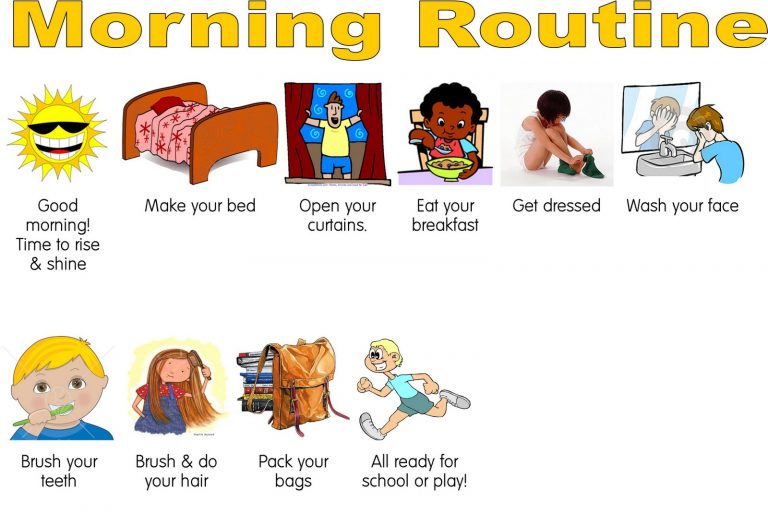With tons of true, false, and constantly changing information available about COVID-19, it’s easy to get mixed up. But one thing’s for certain: if you think you’re immune to the virus, you’re wrong. Check out these seven myths about coronavirus immunity so you stay healthy during the pandemic.
1. I Have Antibodies So I’m Immune
Antibody tests are becoming more readily available through healthcare providers across the country. If you test positive for antibodies, it means your body may have already recovered from COVID-19. But just because you already had it, doesn’t mean you can’t get it again.
“It’s unclear if those antibodies can provide protection (immunity) against getting infected again,” reports the data-id=”64″>CDC. “This means that we do not know at this time if antibodies make you immune to the virus.” More studies need to be conducted before it’s proven that you can’t get the virus a second (or even third) time. Even if you test positive for antibodies, continue following guidelines in your area and washing your hands frequently.
2. I Was Sick in January So I’m Immune
When COVID-19 started to take over the news cycle, you may have glanced at the list of symptoms and thought “Yup, I already had it.” But don’t assume that since you were sick in January, you’ve already had the virus. The symptoms of coronavirus can easily be mistaken for a common cold or the flu.
According to Dr. Lisa Lockerd Maragakis, M.D., M.P.H. from John Hopkins Medicine, both COVID-19 and the flu can, “cause fever, cough, body aches and fatigue; sometimes vomiting and diarrhea.” Both can also either be mild or severe and can cause pneumonia.
So unless you have a viral test (which wasn’t developed back in January), there’s no way to know which illness you had.
3. I Got My Flu Shot So I’m Immune
It’s always a good idea to get a flu shot so you can potentially avoid getting other nasty illnesses. However, a flu shot or Tamiflu prescription won’t protect you from getting COVID-19. Although symptoms of these viruses are similar, the flu shot doesn’t address the characteristics of coronavirus and is ineffective.
4. My Family Member Had It and I Didn’t Get It So I’m Immune
If one of your household members is sick, it’s important for them to self-isolate. If you were less than careful and hung out with your sick family member but didn’t get sick yourself, you may assume you’re immune to COVID-19.
But if they weren’t tested, it’s possible your family member had the flu or a different illness. It’s also possible that you contracted coronavirus from your household member but were asymptomatic. According to a study published in Nature Medicine, as much as 44% of those who have COVID-19 don’t show any symptoms of the virus or were presymptomatic.
5. I Wear a Face Mask So I’m Immune
If you’re following the latest guidelines and wearing a cloth mask in public, way to go! But it’s important to remember this facemask isn’t so much to protect you but to protect others. Wearing a facemask is considerate and safe, but it won’t make you immune to catching COVID-19.
According to the Mayo Clinic, “Wearing a mask in public doesn’t make you immune to the virus but if you’re currently infected and don’t know it, you’re doing your part to stop the spread.”
6. I’m Young and/or Healthy So I’m Immune
If there’s anything we’ve learned in the past few months about COVID-19, it’s that this virus doesn’t discriminate against who it infects. Even if you’re young and healthy, don’t make the mistake of thinking you’re immune to catching the virus.
A recent report from the CDC found that out of 508 people who were hospitalized for COVID-19 by March 16, 2020, 38% were between 20 and 54 years old. Half of the coronavirus victims who ended up in the Intensive Care Unit (ICU) were younger than 65 years old.
Even if you’re young and healthy, you can still become infected with the virus, and even experience severe or life-threatening symptoms. Take precautions seriously and do your best to protect yourself from the virus and to stop the spread.
7. I Take Tons of Vitamin C So I’m Immune
Taking care of your immune system is super important, especially right now when COVID-19 is spreading itself across the globe. But Vitamin C and other supplements that support immune health can only help your body fight off the virus if you get it and won’t make your body immune to it.
According to Oregon State University, men and women should get about 400 mg of Vitamin C each day. Add in a healthy diet and daily doses of other essential nutrients and vitamins and you’ll keep your immune system in tip-top shape. But keep in mind, you still need to be cautious about the virus. A strong immune system doesn’t mean you’re immune to COVID-19, it just means you’re prepared to fight in case you get it.










